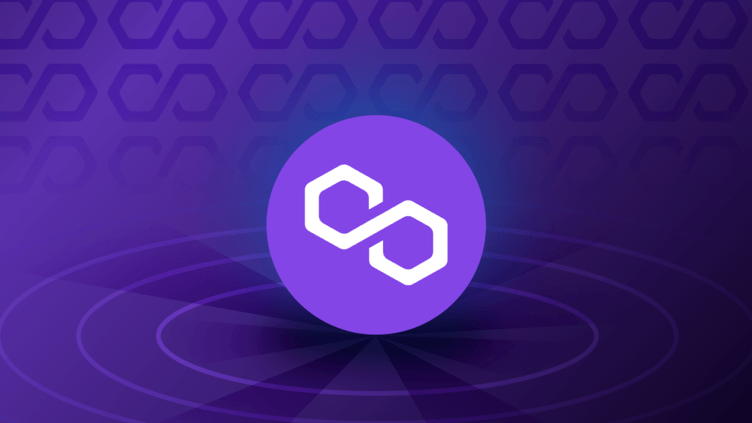Polygon Introduces Protocol Council: A Major Leap in Decentralized Governance
One of the notable outcomes of this community-driven approach is PIP-29, introducing the concept of a Protocol Council. This proposal, influenced by community feedback, is set to be a cornerstone of the evolving Polygon ecosystem, empowering it with scalable and decentralized governance.

Polygon, a thriving blockchain community, has unveiled its vision for decentralized, community-driven governance for existing and future Polygon protocols. This development, coinciding with the revamp of Polygon as Polygon 2.0, signifies a crucial step forward in reshaping the governance landscape for the Polygon ecosystem. As part of this endeavor, Polygon Improvement Proposals (PIPs) related to governance and protocol enhancements have played a pivotal role in gathering community input and driving the vision of Governance 2.0.
One of the notable outcomes of this community-driven approach is PIP-29, introducing the concept of a Protocol Council. This proposal, influenced by community feedback, is set to be a cornerstone of the evolving Polygon ecosystem, empowering it with scalable and decentralized governance. The Protocol Council is poised to pave the way for Governance 2.0.
The Role of the Protocol Council
The Protocol Council emerges as a community-governed entity consisting of 13 members responsible for making specific, time-limited changes to system smart contracts. These modifications are implemented on the Ethereum network and relate to existing and future Polygon protocols, aligning with the overarching vision of Polygon 2.0. To execute these changes, Council members will operate through a Gnosis Safe contract, facilitating the transformation of the Polygon blockchain infrastructure.
The Protocol Council is set to play a pivotal role in overseeing the community-driven process for initiating future upgrades, including those proposed during the Frontier phase of Polygon 2.0.
Why Smart Contract Upgradeability is Vital
The proposal of a Protocol Council underscores the importance of smart contract upgradeability for key components of the Polygon architecture, especially those implemented as Layer 1 (L1) smart contracts. In the context of Layer 2 (L2) networks, which require a presence on L1, the ability to seamlessly transition to upgraded versions while ensuring security becomes a necessity.
Principles for Member Selection
In choosing the inaugural set of Protocol Council members, specific principles guide the selection process. The overarching focus is on ensuring security and resilience within the context of Polygon 2.0 protocols. These principles include:
- Value Alignment: Council members should align with the core values of Ethereum, the L2 ecosystem, and the broader ethos of Web3.
- Operational Resilience: The Council's composition should prioritize operational resilience, which can be achieved through jurisdictional diversity, organizational diversity, and identity diversity, encompassing a wide range of public figures, anonymous individuals, and companies.
- Technical Proficiency: Council members are expected to demonstrate a high level of technical, security, and governance competence, backed by their participation in previous Web3 governance frameworks, security councils, and contributions to the Ethereum and L2 domain.
- Diverse Representation: The proposal highlights the importance of preventing any single entity from wielding excessive influence over the Protocol Council. This includes limiting the representation of Polygon Labs on the Council
The Protocol Council features a roster of highly qualified individuals who are poised to serve as steadfast protocol guardians, ensuring the security and community-driven nature of Polygon 2.0.
PIP-29 is now live, proposing the creation of the Polygon Protocol Council.
— Polygon (Labs) (@0xPolygonLabs) October 19, 2023
This is the next step towards the vision of a decentralized, community-led governance of @0xPolygon protocols, introduced as a part of the wider Polygon 2.0 movement.
To ensure ongoing security while… pic.twitter.com/CtUvMXTG0t
Scope of Responsibilities
The Protocol Council serves as a critical component in the Second Pillar of Polygon Governance, as outlined in a proposal on the Polygon forum. Alongside Pillars One and Three, this initiative represents a comprehensive approach to establishing an overarching governance framework, built for a decentralized, community-led future within Polygon 2.0.
While the Protocol Council's role is instrumental, its scope of responsibilities remains well-defined and specific. As proposed, the Protocol Council's Gnosis Safe contract will empower it to enact regular and emergency changes to future Polygon 2.0 system smart contracts. These changes will apply to contracts such as the POL Migration Contract and the Emission Manager Contract.




